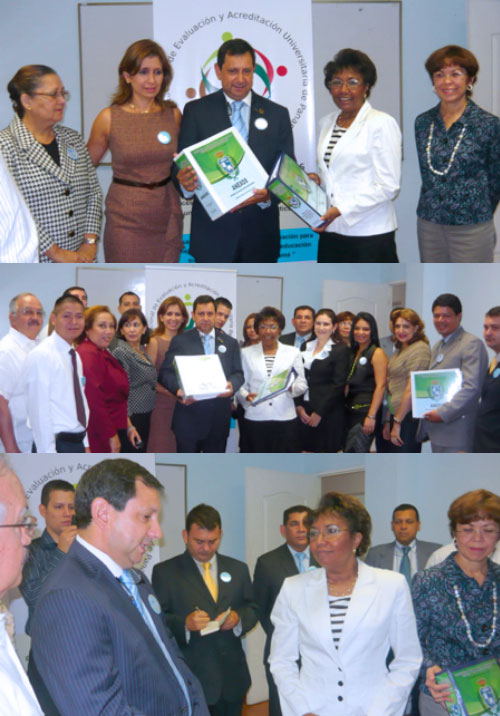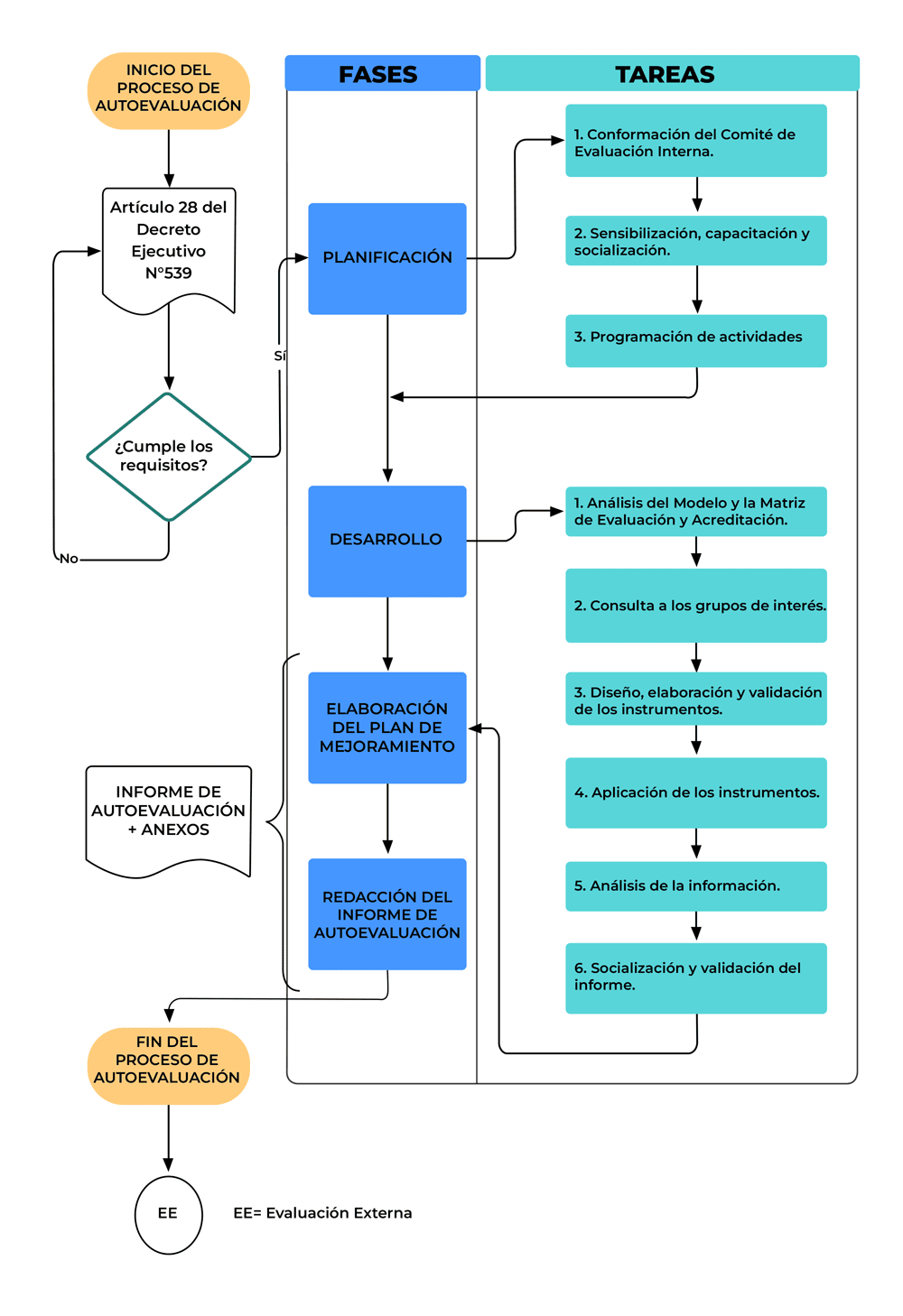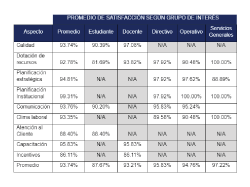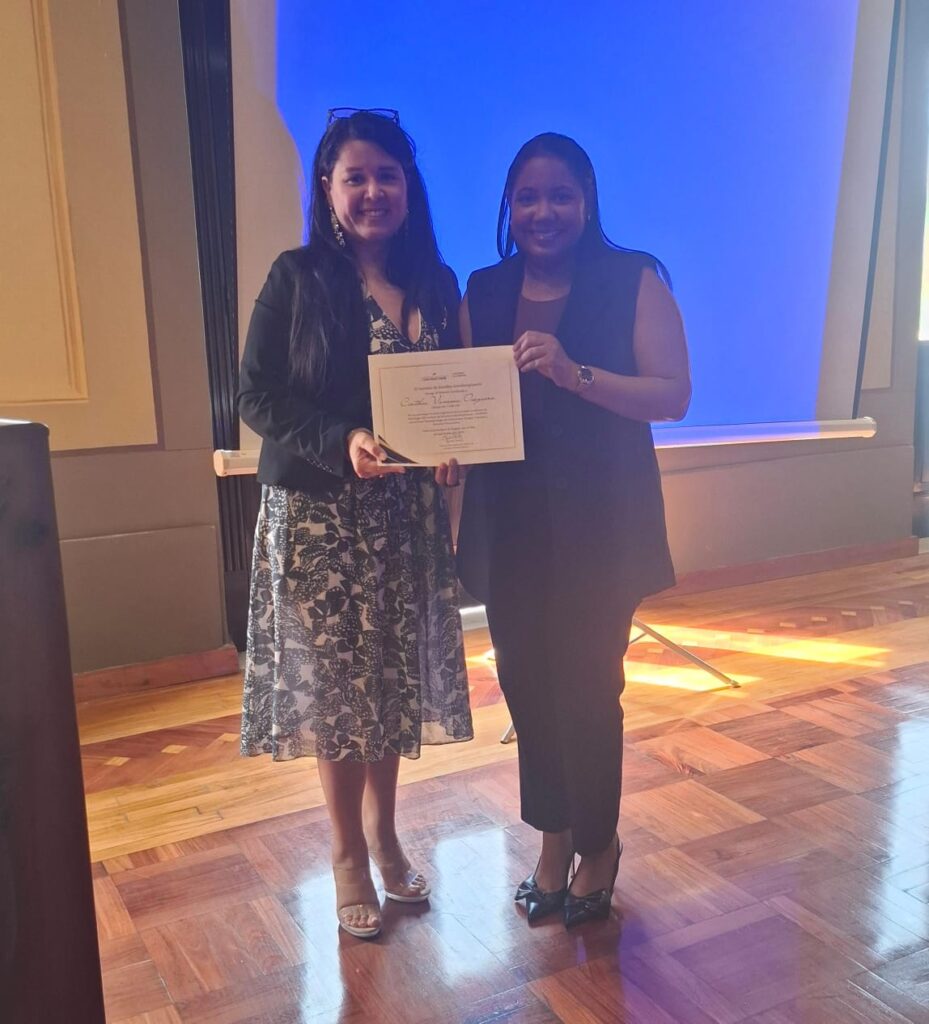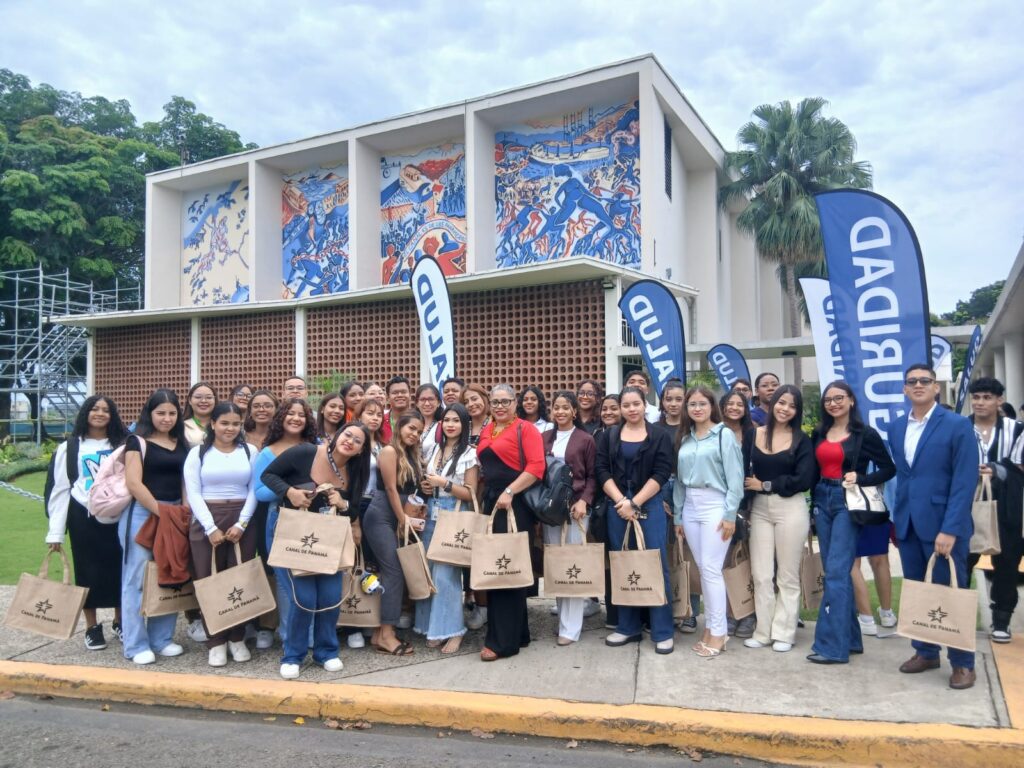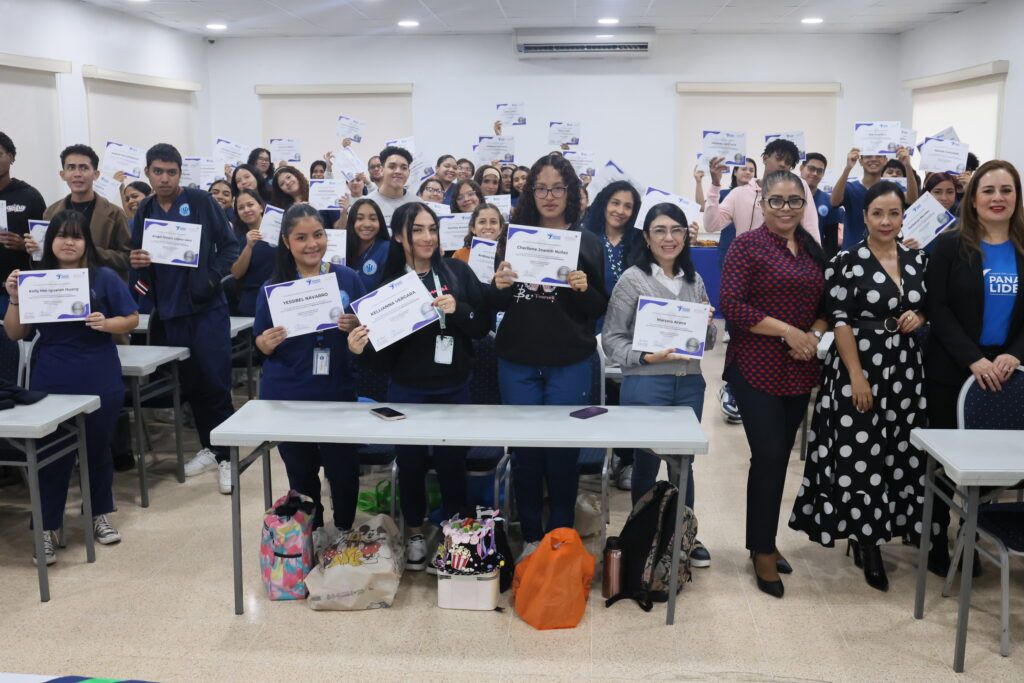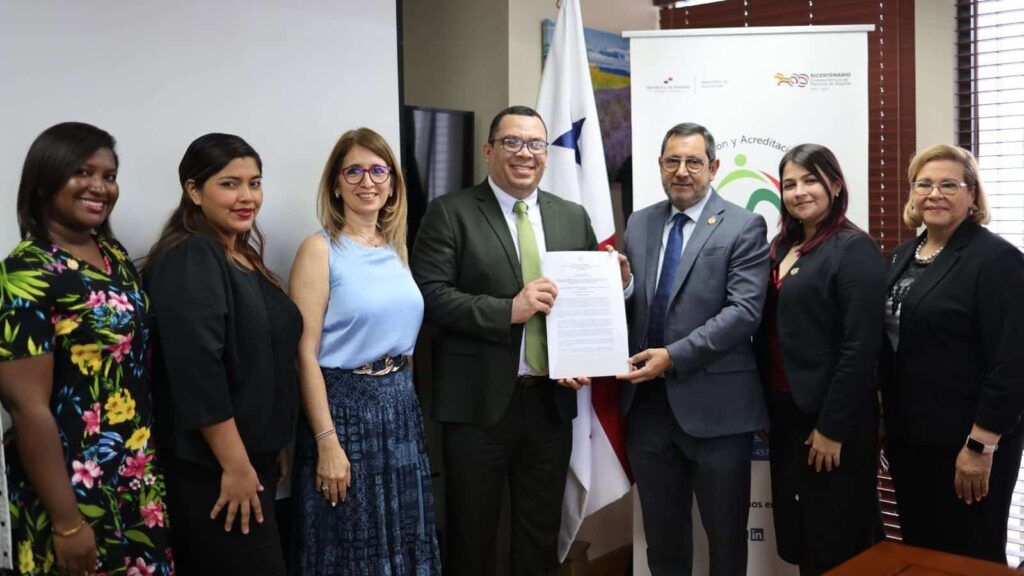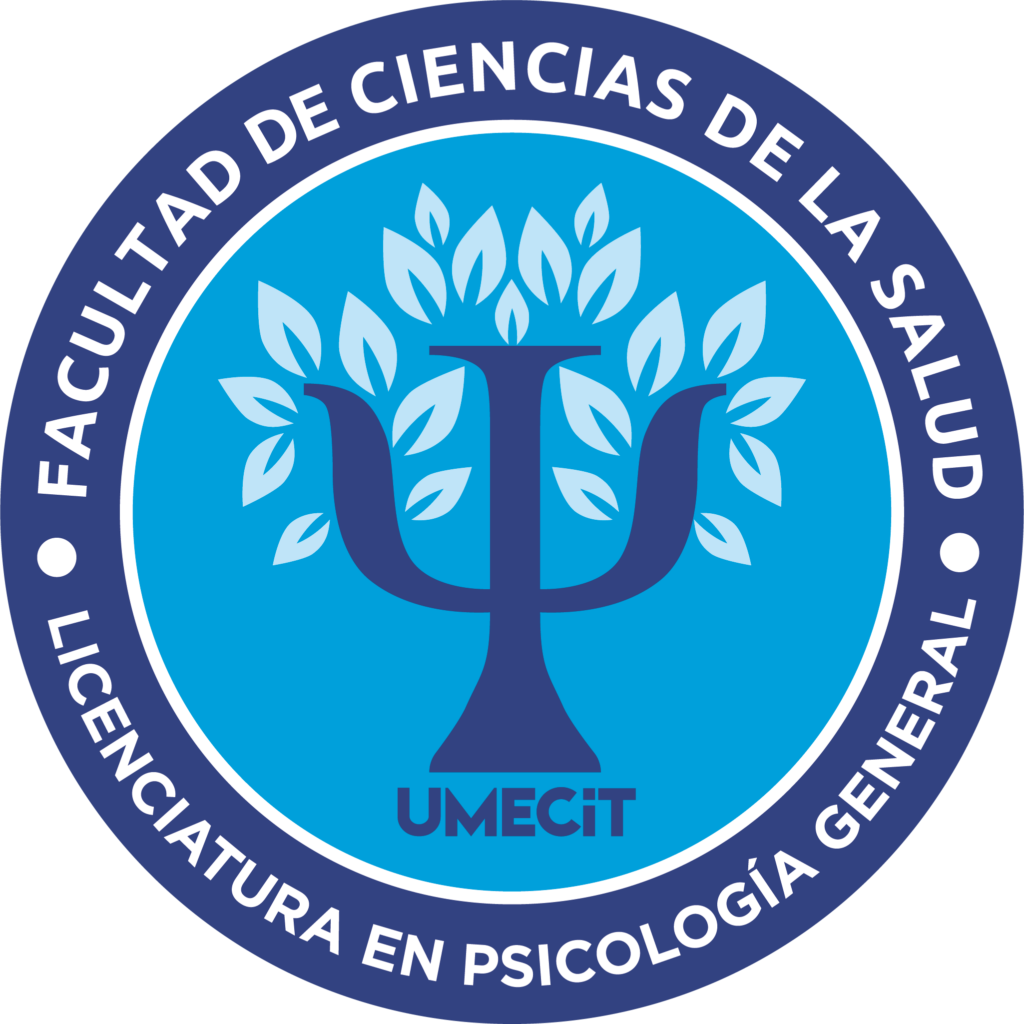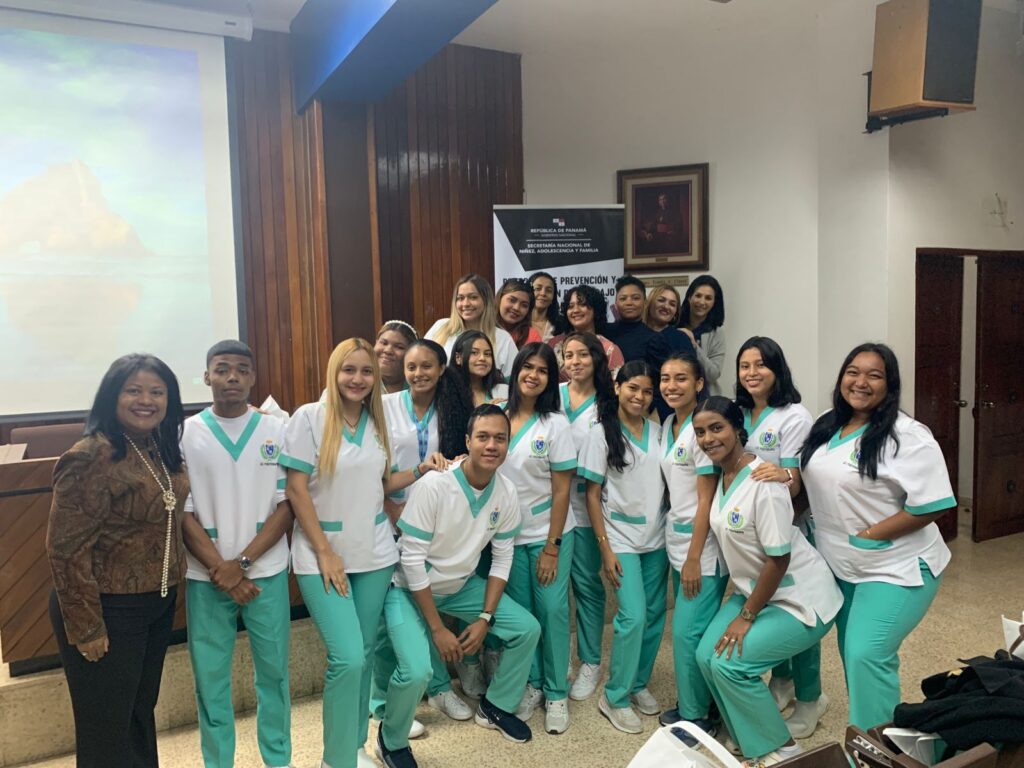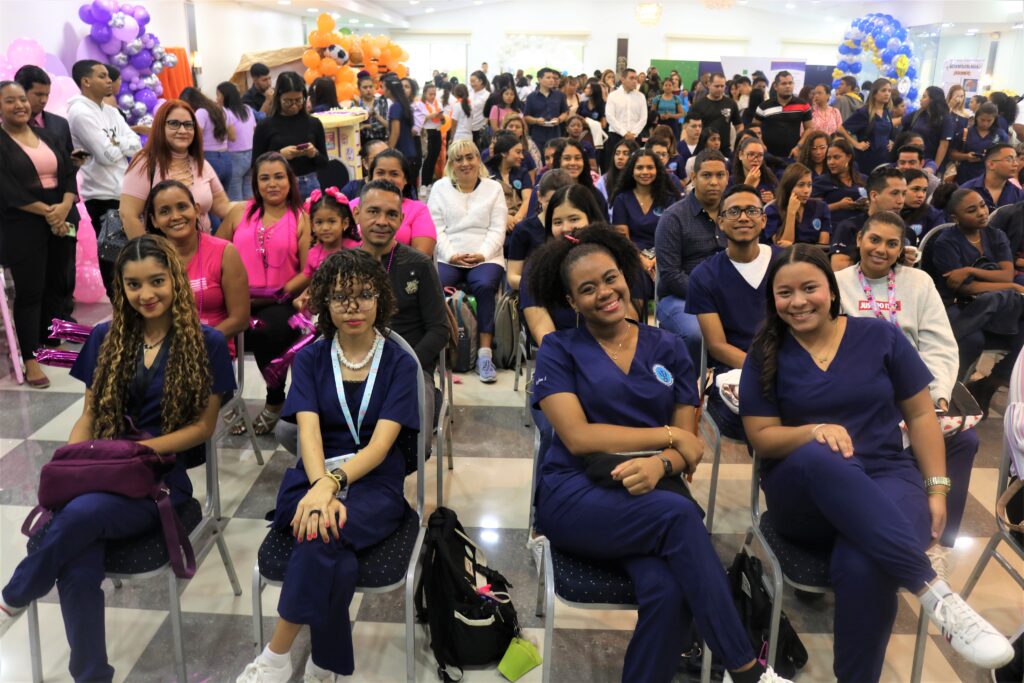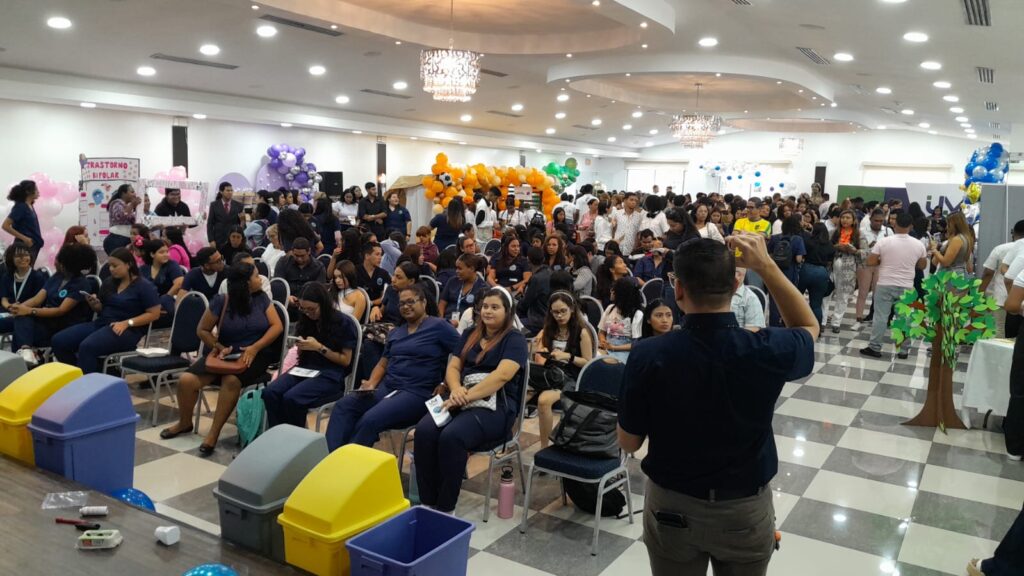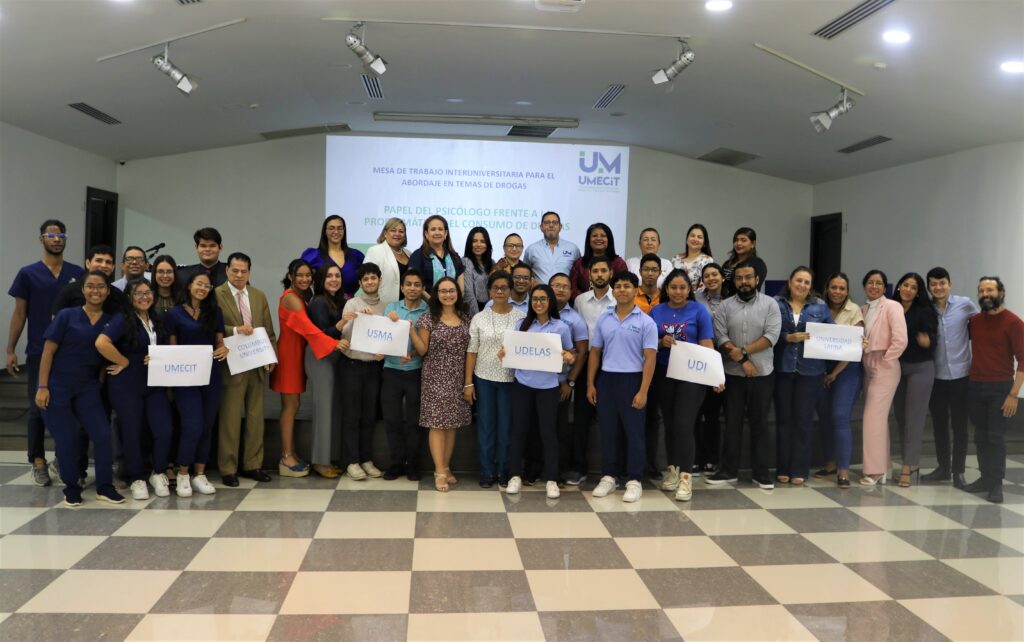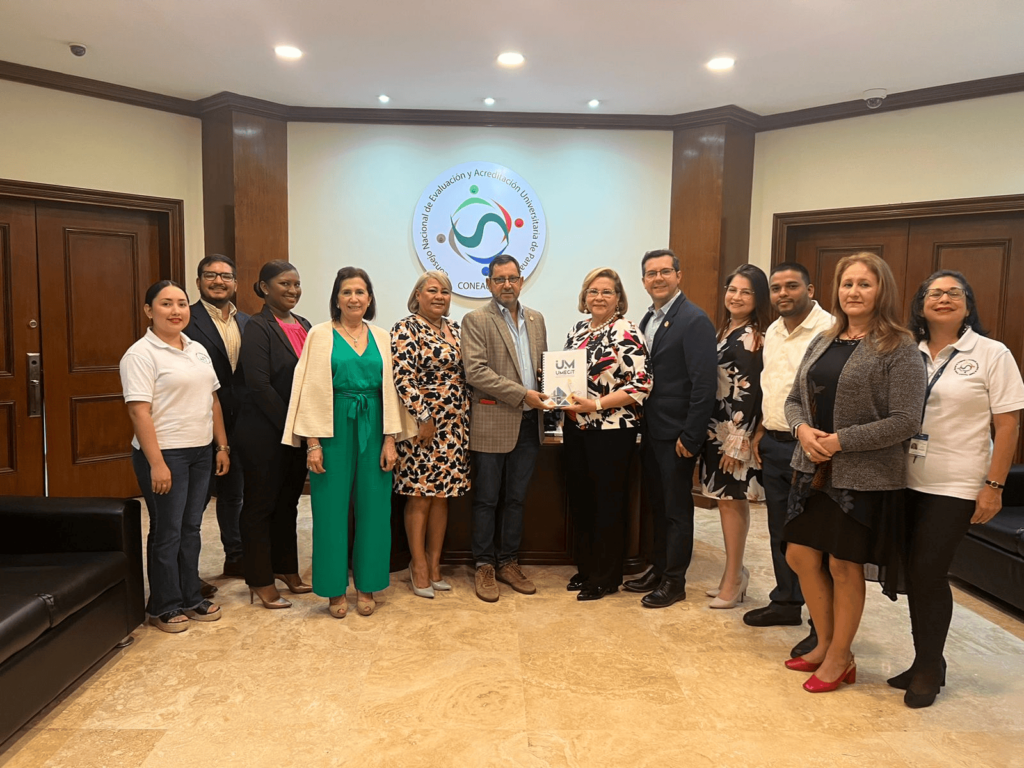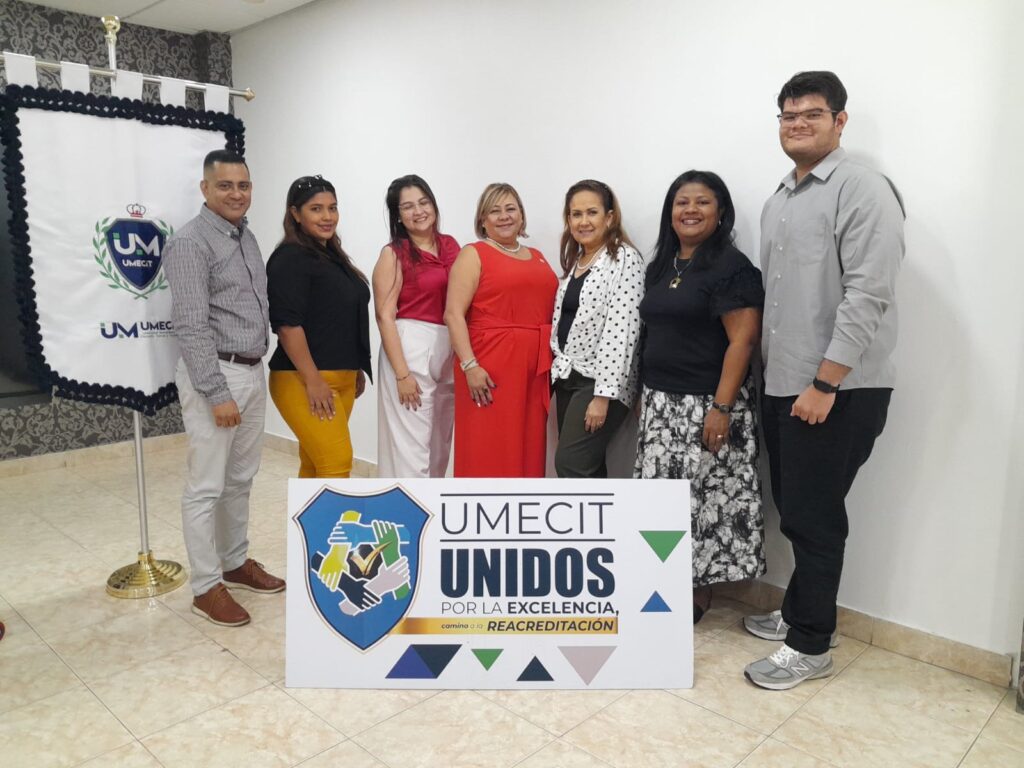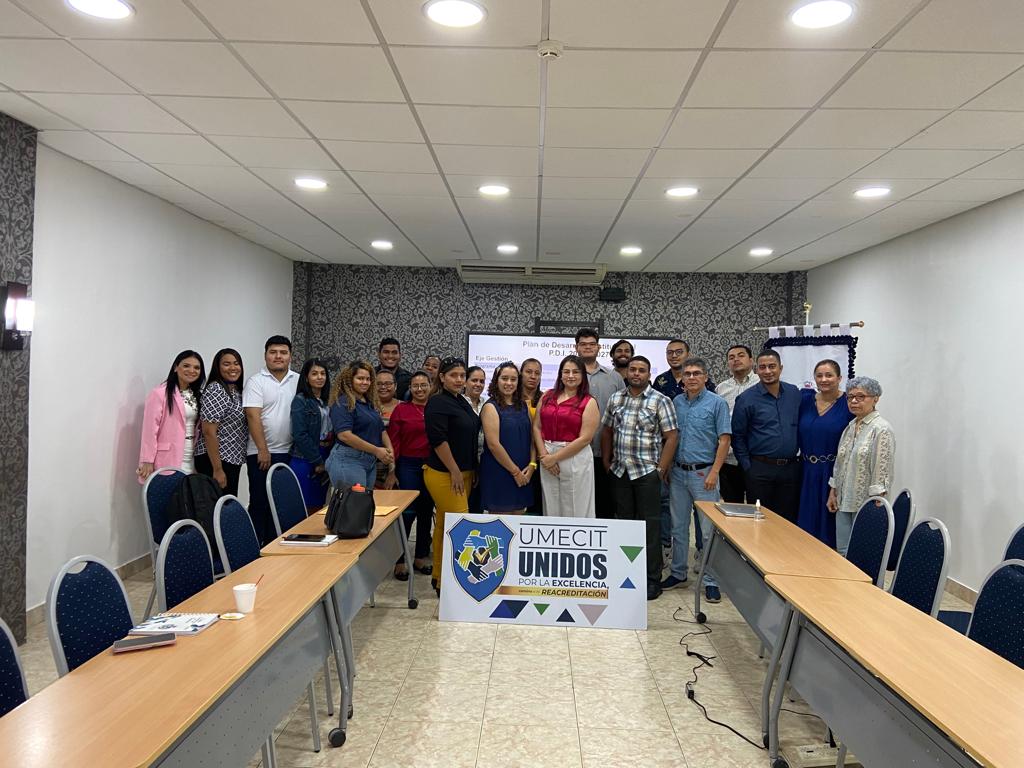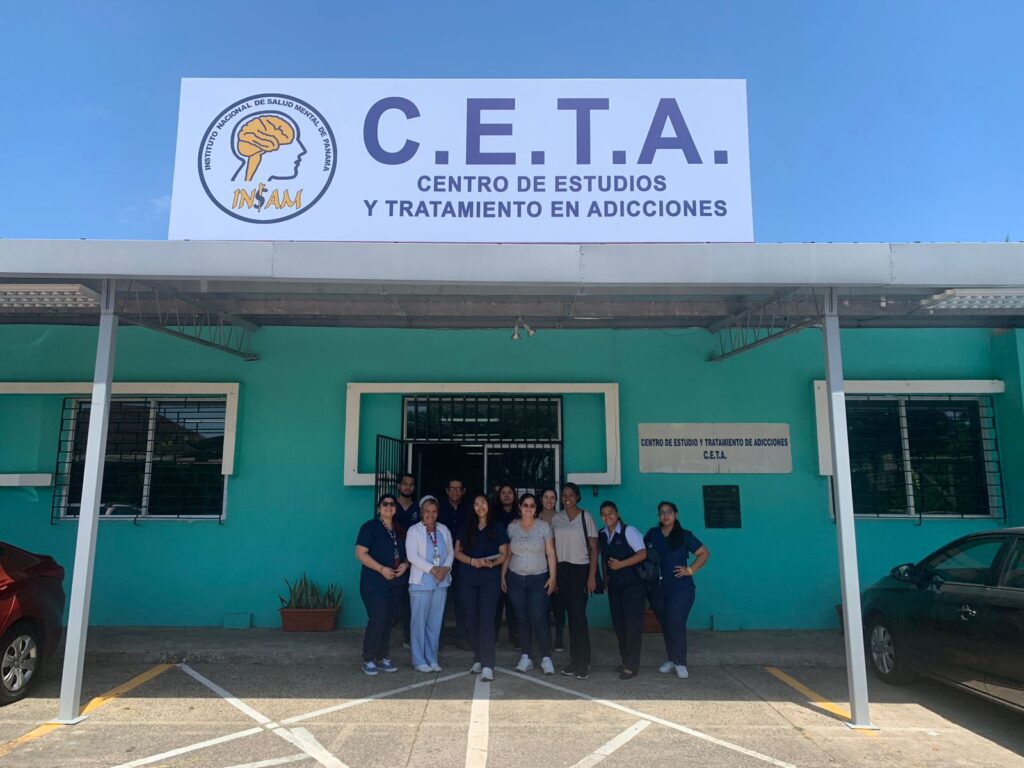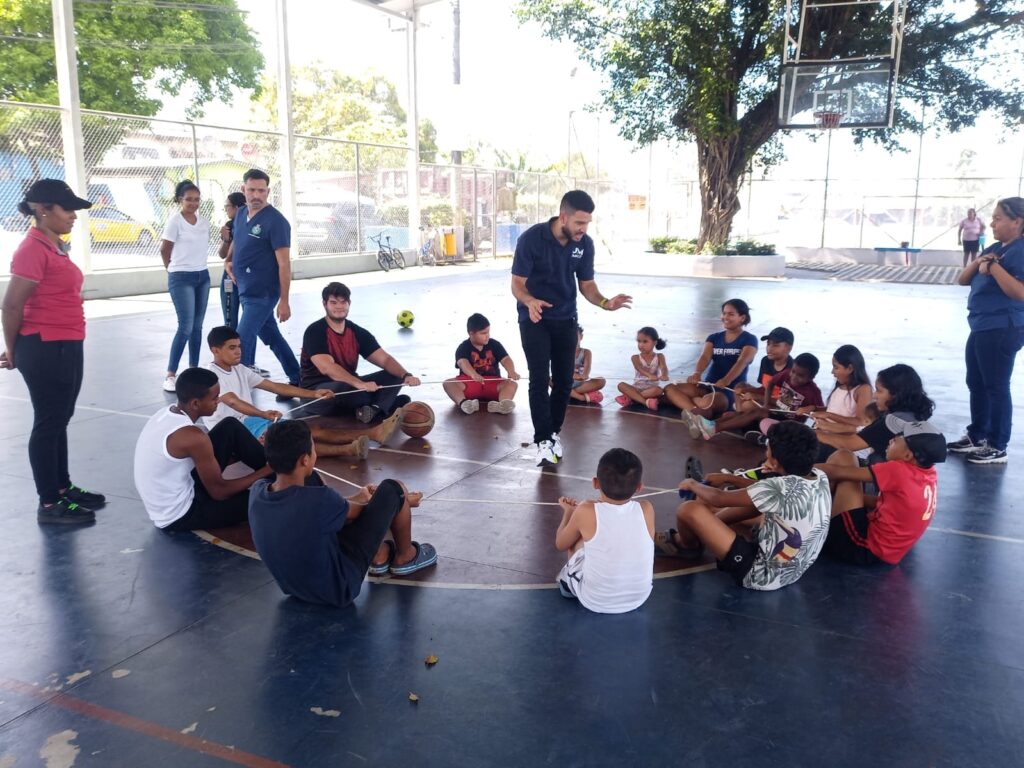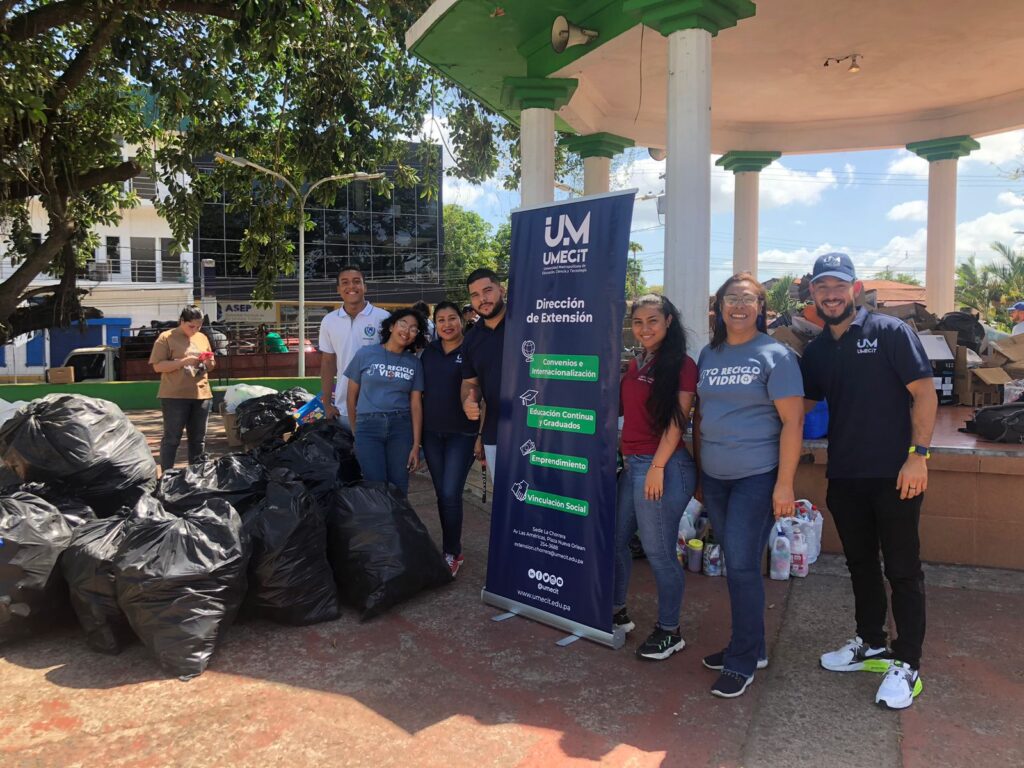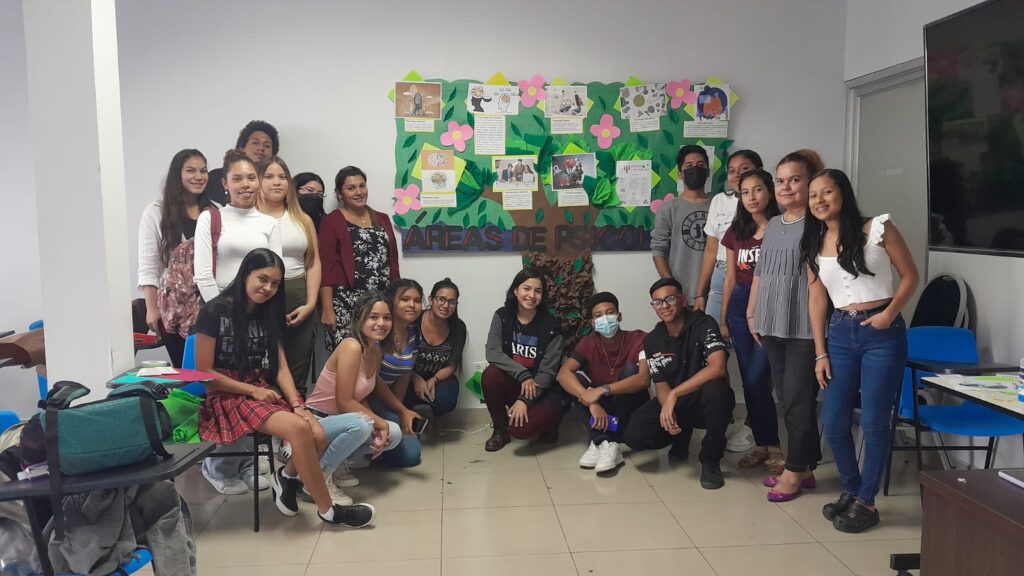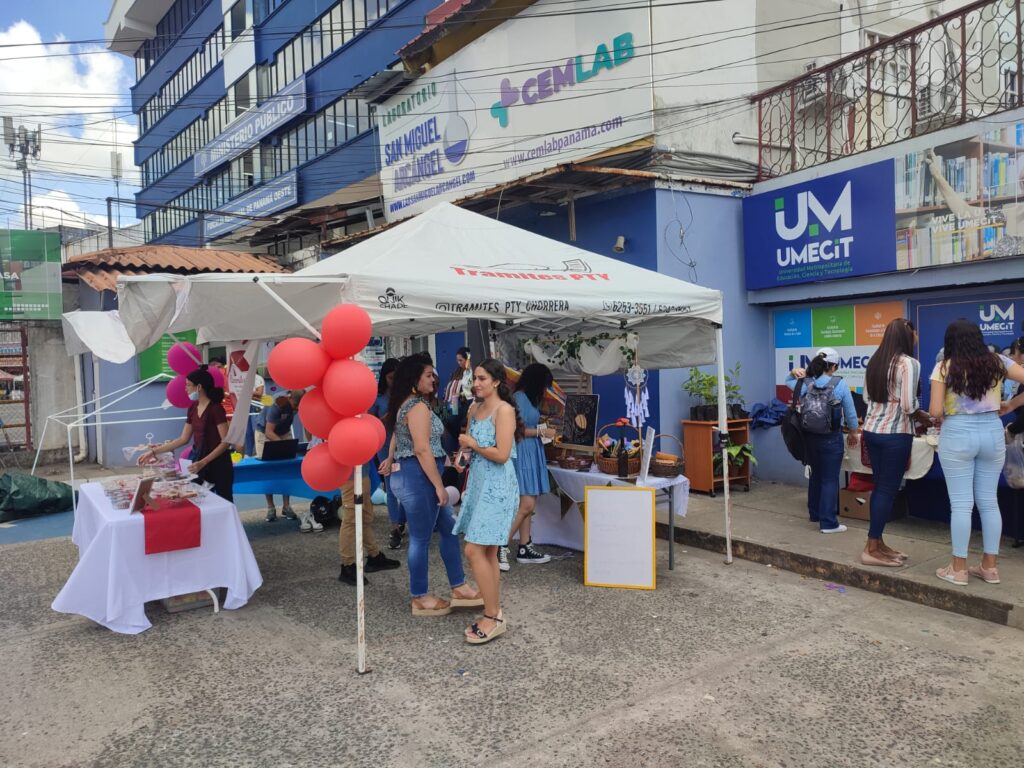REACCREDITATION is everyone's job
On October 11, 2023, the National Council for University Evaluation and Accreditation (CONEAUPA), under the leadership of Dr. María del Carmen Terrientes de Benavides and with the participation of the Academic Vice Minister of Education, delivered resolution #33 where our Bachelor's Degree in General Psychology. We earned the highest rating, extending our accreditation for 6 more years!
This success underscores our firm commitment to quality education in Panama. Dr. José Alberto Nieto Rojas, our rector, reiterated our focus on continuous improvement and thanked the dedicated reaccreditation team.
Participating in this important event, on behalf of our House of Studies, were the rector José Alberto Nieto Rojas, the Vice-Rector General, Claudia Marcela Rueda Ossa, the graduates Linette Govea and Miriam Aparicio and on behalf of Accreditation Alanis Tamayo.
It is important to highlight that the reaccreditation of a university degree in Panama is a rigorous and demanding process, which seeks to ensure the quality of higher education in the country.
Panama 2022
Socialization and Validation of the report with the University Community
Planning
1. Internal Evaluation Committee
2. Sensitization, Training and Socialization
3. Program of Activities:
- Visits to headquarters by UMECIT authorities
- Matrix disclosure talks with the University Community.
- Finding writing workshops.
- Preparation, validation and application of surveys
- Sensitization and Validation of the Self-assessment report.
Development
Results
Factor 1: Institutional Project
- Updated Institutional Regulatory Framework.
- Standardized process for the development of institutional dynamics.
- Adequate endowment of resources, with relevance to the Cyberhumanist Curricular Educational Model.
Factor 2: Academic Project
- Wide academic offer.
- Curriculum and relevance to social needs.
- Linkage with the environment, based on national and international agreements.
- Development of Investigations with correspondence to the lines of investigation.
- Dissemination of results of research projects.
- Knowledge transfer in the development of teaching in connection with Extension.
- Linkage with Graduates.
Factor 3: University Community
- Trained human resource suitable for the development of Academic and Administrative Management.
- Teachers with profiles in accordance with the regulations and performance corresponding to the Cyberhumanist Curricular Educational Model.
- Students with high levels of satisfaction in the service provided.
Factor 4: Infrastructure
- Infrastructure adequate to the needs required for the development of the institutional dynamics.
- Informatic security
- Adequate endowment of technological resources
- Satisfaction in the community of the service received.
Conclusion
Results Socialization Team:
History of this Bachelor's Degree
The General Psychology degree was born from a diagnosis of needs that resulted in the absence of professionals in the area of mental health, which made the demand for academic offers imminent to train human talent in some areas of health, such as Psychology.
And so it was done, after presenting the curricular design of the degree, with all the requirements established for this purpose, to the University of Panama. Then the approval of the Bachelor's degree in General Psychology in the In-Person and Semi-In-Person modalities was received on June 23, 2004 under Resolution No. 61-04-SGP of the University of Panama and updated on June 27. of 2011 under Resolution No. CTF-72-2011 of the Technical Supervision Commission.
Since the publication of Resolution No. 12 of May 20, 2013, with which the Evaluation and Accreditation Process of University Degrees in Panama is approved and the Psychology program is located within the area of Health Sciences, UMECIT transfers the Bachelor's program in General Psychology to the Faculty of Health Sciences (Resolution No. No. 16/2013).
Initially, the race opens at the UMECIT headquarters in Panama City, then in 2011, and according to diagnostic studies, it is considered to open at the La Chorrera headquarters. At this location, the first cohort begins with 29 students and to date a total of four (4) cohorts have been opened.
History of this Bachelor's Degree
The General Psychology degree was born from a diagnosis of needs that resulted in the absence of professionals in the area of mental health, which made the demand for academic offers imminent to train human talent in some areas of health, such as Psychology.
And so it was done, after presenting the curricular design of the career, with all the requirements established for this purpose, to the University of Panama. Then, the approval of the Bachelor's degree in General Psychology in the face-to-face and semi-face-to-face modalities was received on June 23, 2004 under Resolution No. 61-04-SGP of the University of Panama and updated on June 27. of 2011 under Resolution No. CTF-72-2011 of the Technical Oversight Commission.
As of the publication of Resolution No. 12 of May 20, 2013, which approves the Process of Evaluation and Accreditation of University Careers in Panama and locates the Psychology program within the area of Health Sciences, UMECIT transfers the General Psychology Degree program to the Faculty of Health Sciences (Resolution No. 16/2013).
Initially, the race opens at the UMECIT headquarters in Panama City, then in 2011, and according to diagnostic studies, it is considered to open at the La Chorrera headquarters. At this location, the first cohort begins with 29 students and to date a total of four (4) cohorts have been opened.
Career Description
The Degree in General Psychology presented by the Faculty of Health Sciences offers the attention space in the Psychology Office to students and the community in general. Additionally, it has a Gesell Camera that allows observation, interview, analysis and investigation of cases in care.
Knowing and intervening in psychological processes, to promote the development of knowledge and skills in students. Within the process of the career subjects related to the development of the human being are addressed such as: projective techniques, personality, psychological assessment, among others that provide the student the ability to know, interpret and analyze the theories of behavior and its real application in the development of the profession.
Reaccreditation process
News
Accreditation Process 2012
The Metropolitan University of Education, Science and Technology - UMECIT:
